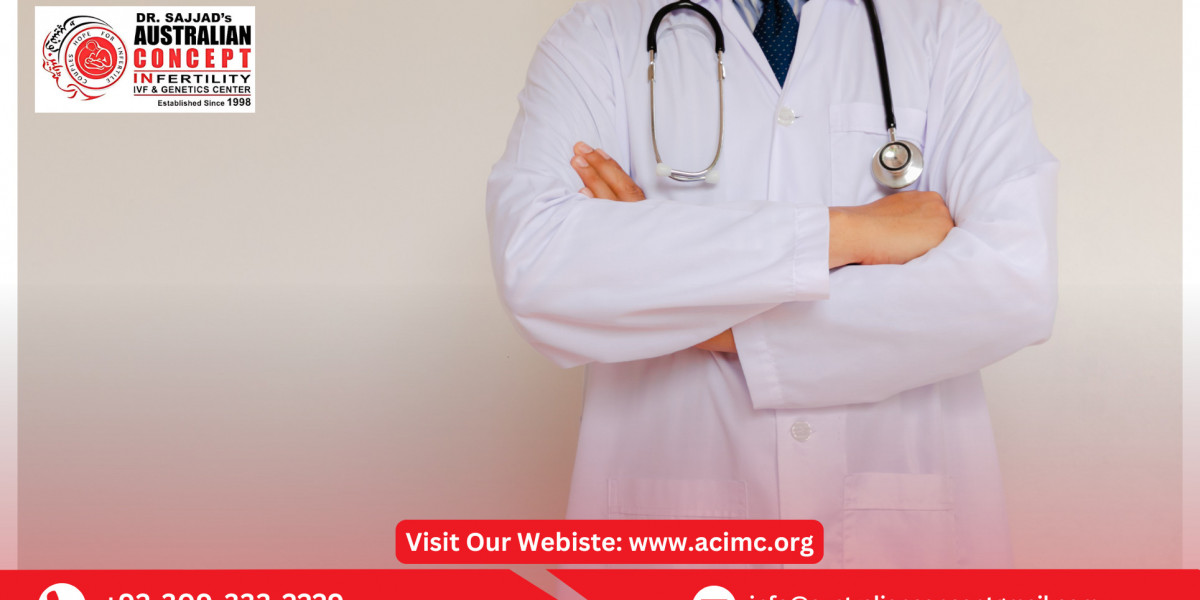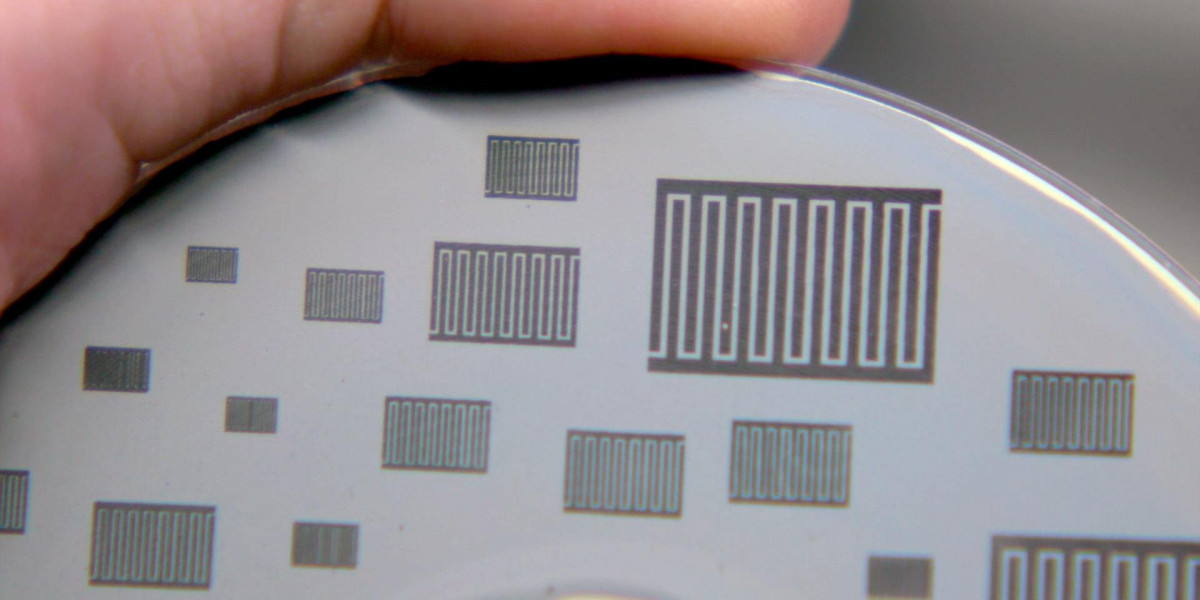Infertility affects many couples, and diagnosing the underlying causes is crucial for effective treatment. An infertility specialist conducts several tests to evaluate both partners and determine the best course of action. Here’s a breakdown of the essential fertility tests performed for couples struggling to conceive.
Tests for Women
1. Hormonal Testing
Hormonal imbalances can affect ovulation and fertility. Blood tests measure levels of:
Follicle-Stimulating Hormone (FSH) – Assesses ovarian reserve.
Luteinizing Hormone (LH) – Regulates ovulation.
Progesterone – Confirms ovulation.
Prolactin & Thyroid Hormones – Imbalances can impact fertility.
Anti-Müllerian Hormone (AMH) – Evaluates ovarian reserve and egg supply.
2. Ovulation Testing
Tracking ovulation is essential for conception. Specialists may use:
Basal body temperature tracking
Ovulation predictor kits
Blood tests to check hormone levels
3. Ultrasound and Imaging Tests
Transvaginal Ultrasound – Examines ovaries, uterus, and follicles.
Hysterosalpingography (HSG) – Checks for blocked fallopian tubes using contrast dye.
Sonohysterography – Assesses uterine abnormalities.
4. Genetic Testing
Identifies potential inherited conditions that may affect fertility.
5. Endometrial Biopsy
A sample of uterine lining is tested to check if it supports implantation.
Tests for Men
1. Semen Analysis
This is the primary test to evaluate male fertility, analyzing:
Sperm count
Motility (movement)
Morphology (shape and structure)
Volume and pH levels
2. Hormone Testing
Blood tests assess testosterone and other hormones that regulate sperm production.
3. Genetic Testing
Helps detect genetic disorders affecting sperm production or quality.
4. Scrotal Ultrasound
Identifies blockages or structural issues in the reproductive organs.
5. Testicular Biopsy
A small tissue sample is taken if sperm count is extremely low, helping determine the cause.
Couple-Based Testing
1. Post-Coital Test
Examines sperm interaction with cervical mucus after intercourse.
2. Karyotyping
A chromosome analysis for both partners to identify genetic abnormalities.
3. Immunological Testing
Detects antibodies that may attack sperm and prevent conception.
Final Thoughts
An infertility specialist tailors these tests based on a couple’s medical history and symptoms. Early diagnosis helps in selecting the most suitable fertility treatment, improving the chances of conception. If you’re facing challenges in conceiving, consult a fertility expert to begin your journey toward parenthood.
For More Details: https://acimc.org/ivf-lahore/








